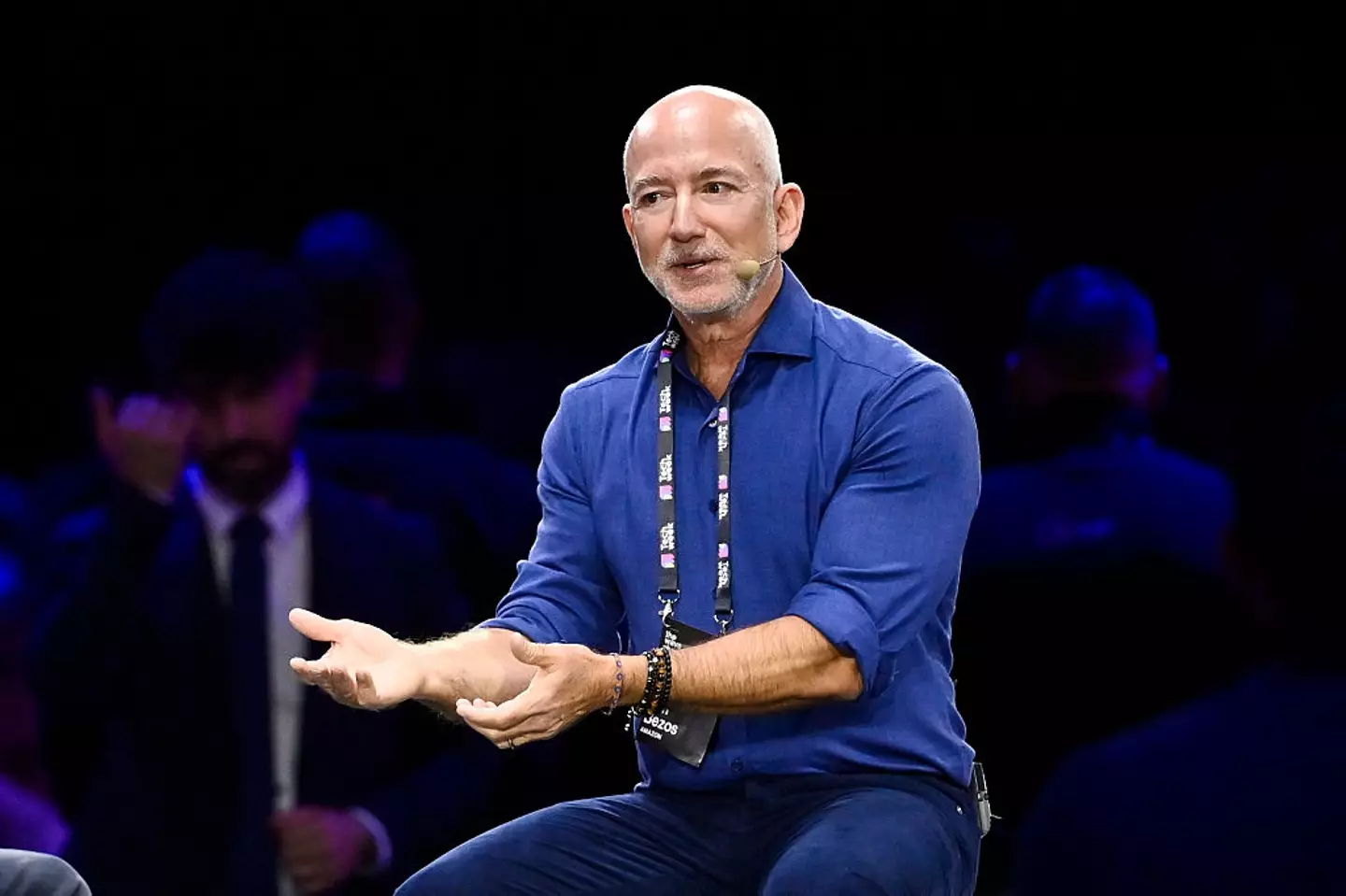In a recent address that looked decades into the future, Amazon founder Jeff Bezos shared a startling and ambitious prediction for human civilization. He envisions a not-so-distant future where millions of people will choose to make their homes in space. This shift, he suggests, will happen within the next few decades, marking a profound acceleration in how humanity inhabits the solar system. Bezos presented this vision not as a necessity for survival, but as a natural next step for a species entering a new golden age of technology and abundance.
The driving force behind this cosmic migration, according to Bezos, will be desire, not desperation. He firmly believes that people will live in space because they want to, drawn by the opportunities and experiences of a new frontier. This stands in contrast to dystopian narratives where humans are forced to leave a dying Earth. He reassures that our planet will not be abandoned; instead, space will become an extension of human habitation, offering new places to live, work, and explore for those who are intrigued by the prospect.

A key element that will make this possible is the advancement of robotics and artificial intelligence. Bezos clarified that the difficult and dangerous work in space, such as mining or construction on the moon, will be handled by robots. This approach is not only safer but far more cost-effective than sending humans to perform manual labor in harsh environments. This division of labor will allow human settlers to focus on more complex, creative, and managerial tasks, building communities rather than just performing grueling work.
.jpg)
Bezos directly addressed the common anxieties surrounding artificial intelligence, choosing to frame it as a tool for unparalleled human progress. He argued that throughout history, inventions like the plough have led to greater civilizational abundance for everyone. In his view, AI is simply the latest and most powerful tool in this long tradition. It will solve complex problems, increase efficiency, and create a level of prosperity that allows for ambitious projects like space colonization to become a reality.

This optimistic outlook from one of the world’s most influential tech leaders offers a compelling counter-narrative to the doom and gloom that often accompanies discussions about the future. While he acknowledges the rapid pace of change, Bezos sees it as a reason for excitement, not fear. His prediction challenges us to reimagine the boundaries of human society and to consider a future where the Earth is just the beginning of our story, not the entirety of it.


